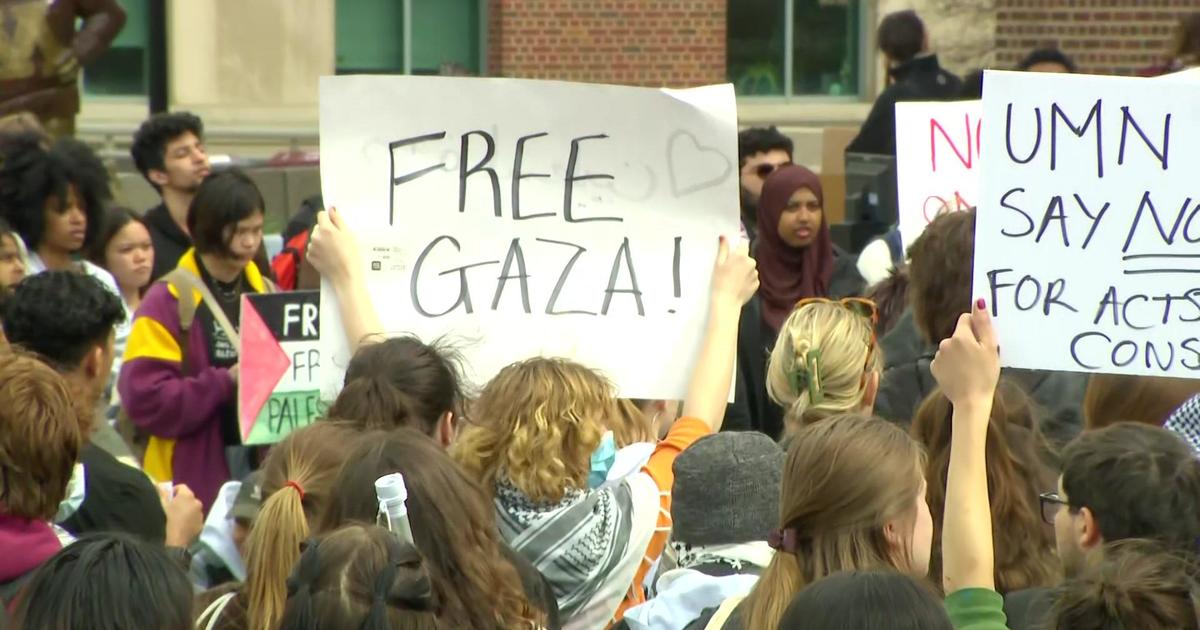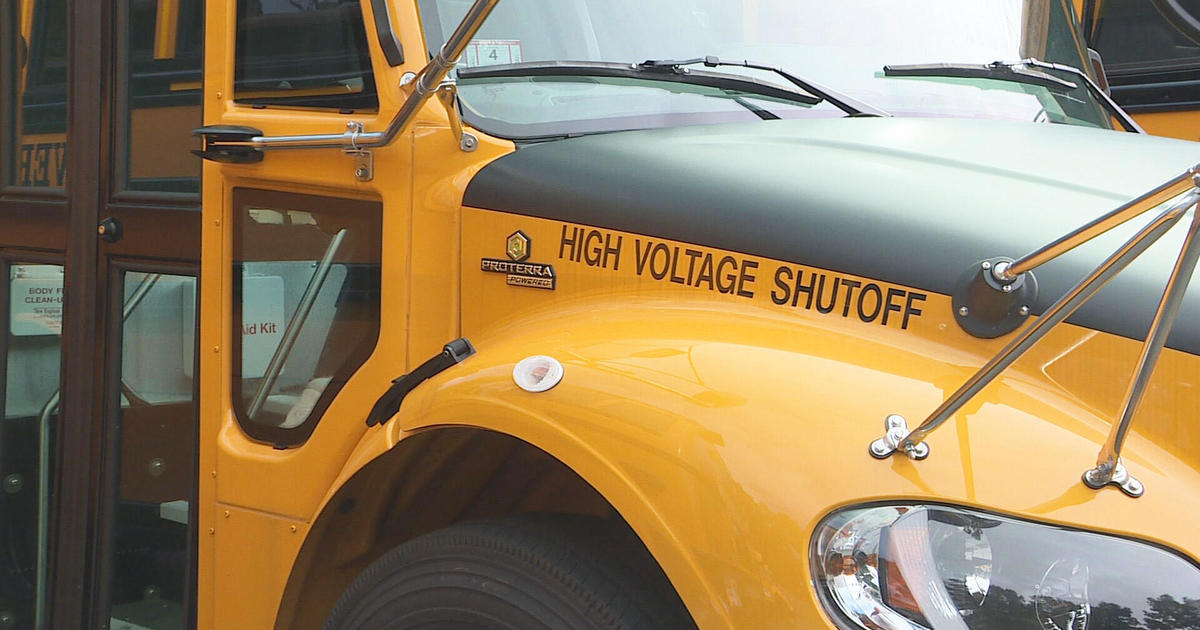Tricky Road: Mental Illness And Gun Rights
MINNEAPOLIS (WCCO) -- WCCO is learning of a workplace shooter's prior encounters with police, and how he was able to buy a gun last year, even though his family suspected he was mentally ill.
A college student at Virginia Tech, a high school dropout in Arizona, and a young man in Colorado who had shown academic promise -- their stories share some similarities to a Minnesota man's mental illness which was possibly the catalyst that cost so many lives.
Sue Abderholden, the Executive Director for the National Alliance on Mental Illness, is the spokesperson for Andrew Engeldinger's family.
His parents reached out to NAMI. They took classes to cope with signs they say they saw in their son -- paranoia and delusions associated with schizophrenia.
Reports show Engeldinger called police three times to say someone messed with his car at Accent Signage. In one case, he said someone kicked a door. In another, he told police someone tried to steal his car and left behind screwdrivers. In the third, he said a cell phone and clothes were stolen even though his car was still locked.
While Abderholden says the cases could point to a disorder, they were years apart and they're not a sure sign. She doesn't think Engeldinger's family could have done anymore to get him help.
Engeldinger cut off contact with his parents soon after they finished those classes.
"Sometimes with some mental illnesses, people actually don't think they're mentally ill," Abderholden said. "Then it becomes very, very difficult to get them treatment."
That may be the biggest factor of all. There is a high standard to meet before an adult can be committed for a mental illness. Someone has to be a danger to themselves or others. Engeldinger had a home and was working. To the outside world, he likely seemed fine.
Engeldinger, 36, hadn't been committed, so legally he could buy his two 9 mm glock handguns.
DFL State Representative Ryan Winkler says too many times the laws don't work or go far enough. A woman in his district who had been hospitalized and treated for depression still bought a gun and killed herself.
The Democrat introduced a bill last session calling for a voluntary sign-up system. Someone suicidal could put themselves on a list banning them from buying a gun. The bill never got a hearing.
"We need to do a better job at this," Winkler said. "I hope at some point we'll have the courage to take these issues on again."
But some believe the laws already go far enough. Andrew Rothman from the Gun Owners Civil Rights Alliance thinks what happened last week comes down to not doing enough to address warning signs.
"Dealing with people with problems is the way to go about it, not restricting the rights of everyone else," Rothman said.
As we've seen across the country, hindsight is always a luxury later.
"We want people to end up in the mental health system, not in the criminal justice system," Abderholden said.
There are teams across the country that can help people in a mental crisis. You'll find a link here.



